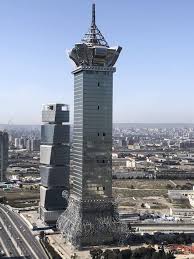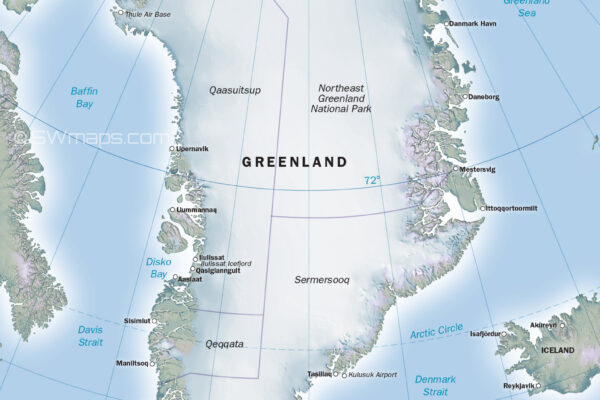
Introduction
Azerbaijan, strategically located at the crossroads of Eastern Europe and Western Asia, has recently garnered attention due to its evolving political landscape and economic developments. The country, rich in natural resources, notably oil and gas, plays a crucial role in regional geopolitics and economic networks. Given its importance for energy supplies to Europe and its geopolitical relevance, understanding Azerbaijan’s current state is vital for assessing potential future trends in the region.
Current Political Landscape
In September 2023, Azerbaijan launched a significant military operation in Nagorno-Karabakh, a region internationally recognised as part of Azerbaijan but populated predominantly by ethnic Armenians. This operation followed a series of skirmishes and escalated tensions that had been brewing since the ceasefire agreement of 2020. The swift action led to a substantial reduction of Armenian military presence in the region and resulted in a forced exodus of many ethnic Armenians from Nagorno-Karabakh.
The move has been met with mixed responses globally, with Turkey expressing strong support for Azerbaijan, while Western nations exercise caution, urging for restraint and dialogue. The situation has reignited discussions about the long-standing conflict and the broader implications for peace in the South Caucasus.
Economic Developments
While the military actions have dominated headlines, Azerbaijan continues to focus on economic growth, particularly in its oil and gas sectors. The completion of the Southern Gas Corridor project has enhanced its position as a key supplier of gas to Europe, providing alternatives to Russian energy sources. Recent deals with European partners provide Azerbaijan with significant economic opportunities while also boosting its geopolitical leverage.
Moreover, the country is increasingly looking to diversify its economy through investments in non-oil sectors, including tourism and agriculture, aiming for sustainable growth in the coming years. International organisations highlight the importance of governance reforms to ensure transparency and attract foreign investments, which will be crucial if Azerbaijan is to fulfil its ambitious economic targets.
Conclusion
Azerbaijan stands at a significant crossroads, facing challenges both domestically and in its foreign relations. The recent military actions in Nagorno-Karabakh have heightened regional tensions but have also opened opportunities for Azerbaijan in enhancing its geopolitical influence. As it seeks to balance its strategic partnerships and embark on economic diversification efforts, the international community will be watching closely. The outcomes of Azerbaijan’s current trajectory could lead to a redefined balance of power in the South Caucasus, influencing energy politics and regional security in the years to come.
You may also like

Understanding the Current Political Landscape in the UK

Understanding the Significance of the Greenland Map

Current Events: What’s Happening in Iran
SEARCH
LAST NEWS
- Remembering Wendy Richard: The Promise to Co-Star Natalie Cassidy
- How Did Anglian Water Achieve an ‘Essentials’ Rating for Mental Health Accessibility?
- Shai Hope Leads West Indies in T20 World Cup Clash Against South Africa
- What We Know About Weston McKennie: Future at Juventus and Past at Leeds
- What We Know About the Upcoming Live Nation Antitrust Trial